Sheffield trees: Failed leadership blamed for felling fiasco - report
- Published
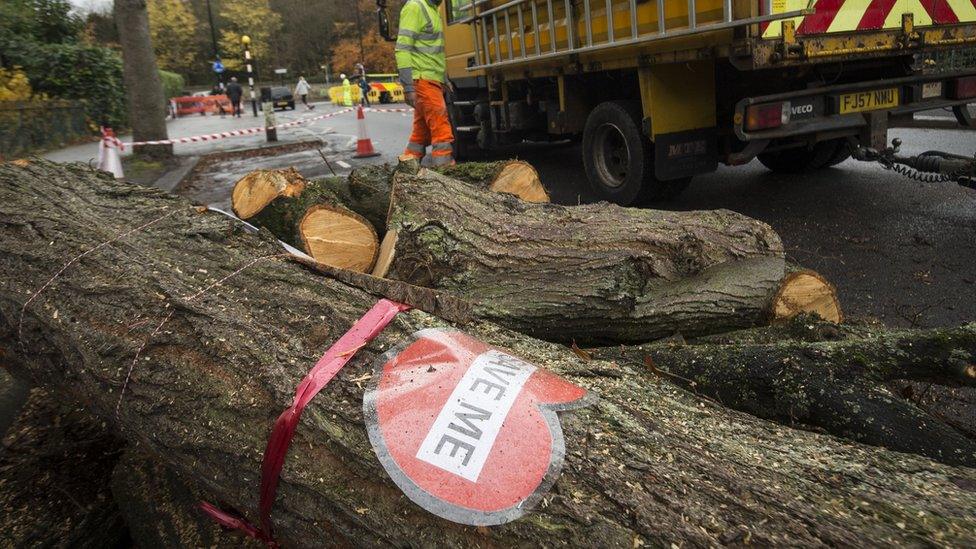
The long-running row in Sheffield dated from 2012 when tree-felling work started in the city
Sheffield City Council should apologise for "developing and adopting a flawed plan" to remove and replace street trees in the city, a report has said.
Thousands of trees were felled as part of a £2.2bn street improvement project, sparking public anger and protests.
An independent review of the council's handling said there had been a "failure of strategic leadership" and accused it of being "economical with the truth".
In a statement the council said "we reiterate out previous apologies".
Lord Scriven, who was leader of the council between 2008 and 2011, also apologised for his involvement in the development of the plan.
The report into the controversial saga, published on Monday, external, was drawn up by former UN humanitarian chief Sir Mark Lowcock.
It accepted the streets in the city were "in a sorry state" and a Private Finance Initiative (PFI) contract was "the only practical option" in 2012.
However, it said following the "misinterpretation" of a 2007 report into the city's 35,500 street trees the council wrongly developed plans to remove and replace an "arbitrary" 17,500 street trees over 25 years.
Sir Mark said at the time the authority and contractor, Amey, had "ignored the value of street trees" and did not anticipate the views of "significant numbers" of residents.
He said "developing and then adopting a flawed plan was a failure of strategic leadership", for which responsibility lay with "senior Council officers and senior politicians in the administrations of the governing groups between 2008 and 2012".
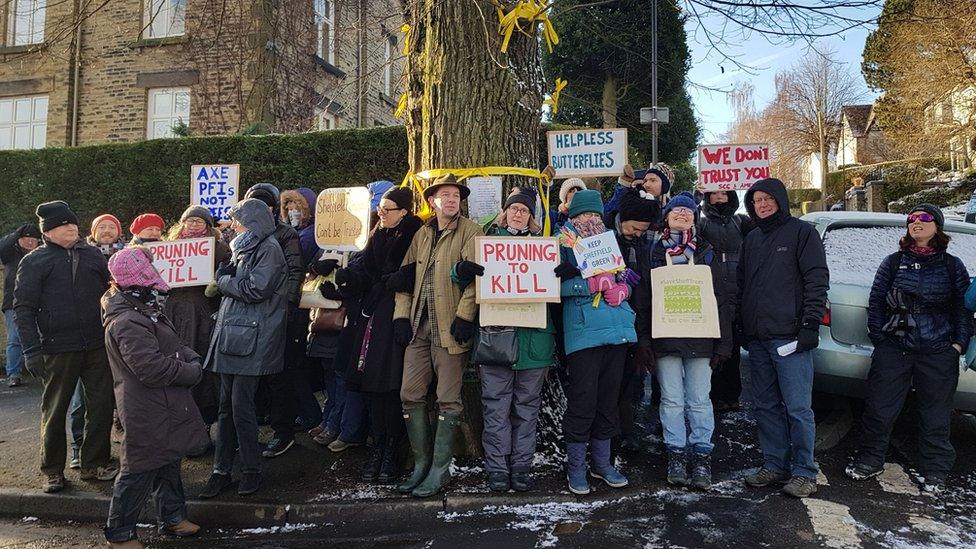
The tree-felling saga prompted a series of protests by members of the public
Fierce protests broke out after the felling work began and while the council set up an Independent Tree Panel in 2015 as a "genuine attempt to find compromise" the report said the authority had "ignored" many of its recommendations thereby eroding public trust and confidence.
In 2016, angry scenes erupted when contractors arrived at dawn to fell trees in Rustlings Road while some protestors were arrested before later having their charges dropped.
There were also allegations from contractors that protesters had poisoned them with cups of tea and one woman was arrested for blowing a toy trumpet.
The report went on to say that the council's efforts to halt the protests were "significantly motivated simply by the determination to have its way" and as a result had "adopted increasingly disproportionate measures to deter campaigners".
Sir Mark said ultimately "the council's behaviour was the fuel that drove the protesters".

Lucy Ashton, BBC Radio Sheffield Political Reporter
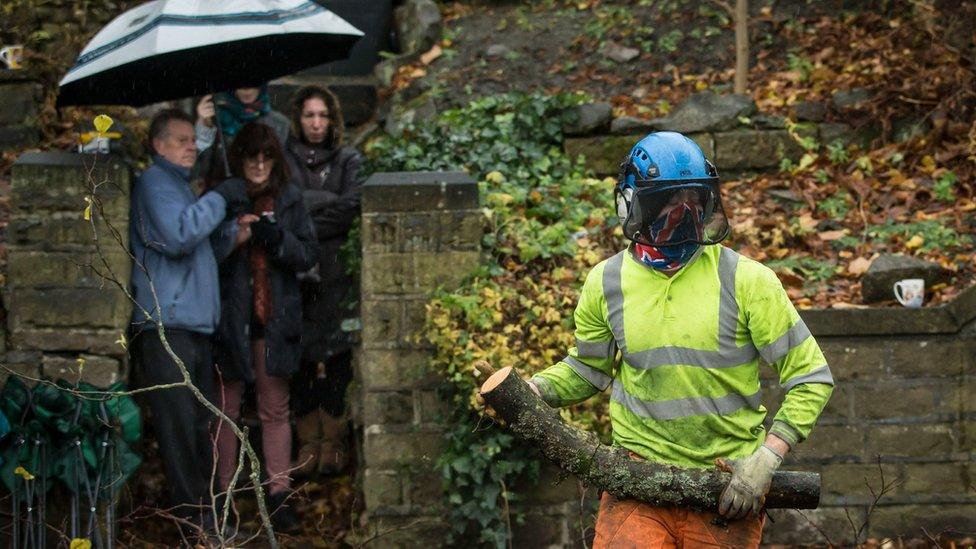
Residents in some parts of the city firmly opposed the fellings
The arrest of two pensioners taking part in peaceful protests against the plans to fell trees in Rustlings Road made headlines worldwide.
And, when Sheffield Council tried to send one of its own elected members to prison for protesting against the tree felling, it became one of the most well-known, longest-running and bitter disputes in the city's history.
In his report, Sir Mark Lowcock said the council and Amey both failed to recognise people's love of trees and that replacing mature ones with saplings was seen as vandalism.
As it happened, the area chosen for the first fellings was the south west of the city - the neighbourhoods most proud of their lush greenery and majestic trees.
When protests began, instead of trying to find a compromise "the council's attitude hardened" and that behaviour in turn fuelled more protests, Sir Mark said.
There were plenty of town hall protests with placards but for years, determined campaigners attended every single cabinet and full council meeting demanding answers and calling for an investigation.
Sir Mark says it's time for apologies and reconciliation but, with one member of the Sheffield Street Tree Partnership describing the saga as "exhausting, stressful [and] sometimes deeply traumatic", it remains to be seen whether campaigners can accept any olive branches offered by the council.

Making recommendations, he said the council and Amey should both apologise for their roles in developing the plans and the council should also drop outstanding financial claims against protesters.
In a statement on behalf of council CEO Kate Josephs and council leader Terry Fox, the council said it welcomed the report and would take time to fully read the findings.
"The council has already acknowledged that it got many things wrong in the handling of the street trees dispute, and we wish to reiterate our previous apologies for our failings," it said.
It said it was "committed to doing better in the future" and wanted to be an "open, honest and collaborative organisation".
Reacting to the report, Lord Scriven said he felt the figure of 17,500 trees which needed replacing should have been looked at more closely.
"You do not expect officials of the council to lie or mislead the Leader of the Council so [I] took this figure as correct," he added.
"In hindsight I should have asked to see the raw data and for not doing this I apologise to the people of Sheffield for the wrong figure going in the outline business case."
A spokesperson for Amey said: "We have all learned lessons from this difficult period and we apologise for not adequately predicting the strength of feeling around the tree replacement programme.
"We will work with Sheffield City Council and other stakeholders to take the learnings forward, as we build on recent progress with the Street Tree Partnership."

Follow BBC Yorkshire on Facebook, external, Twitter, external and Instagram, external. Send your story ideas to yorkslincs.news@bbc.co.uk, external.
Related topics
- Published14 January 2022
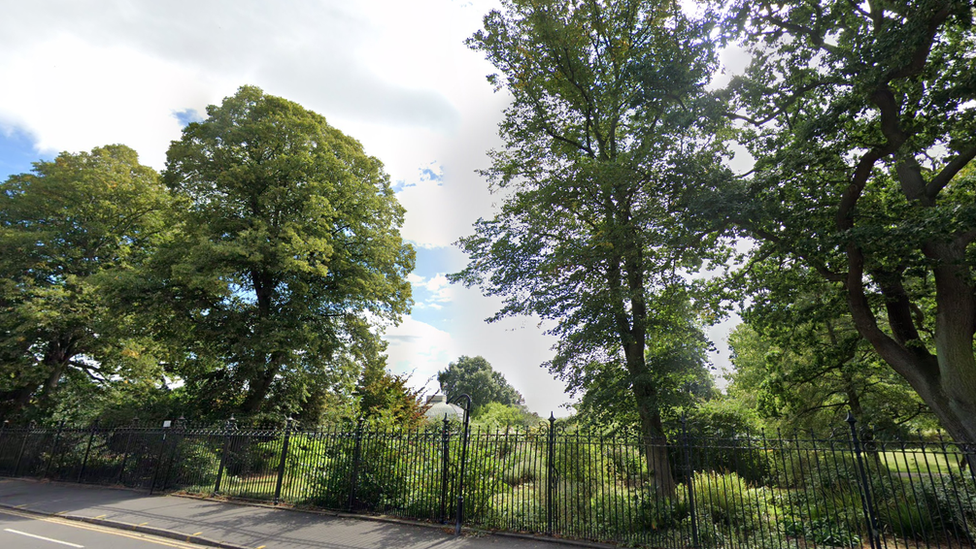
- Published14 October 2020
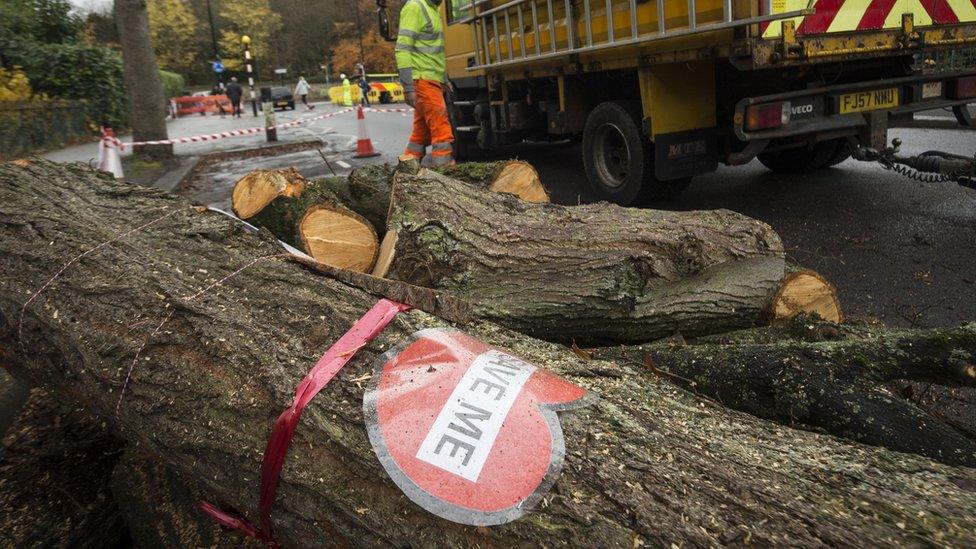
- Published4 February 2019
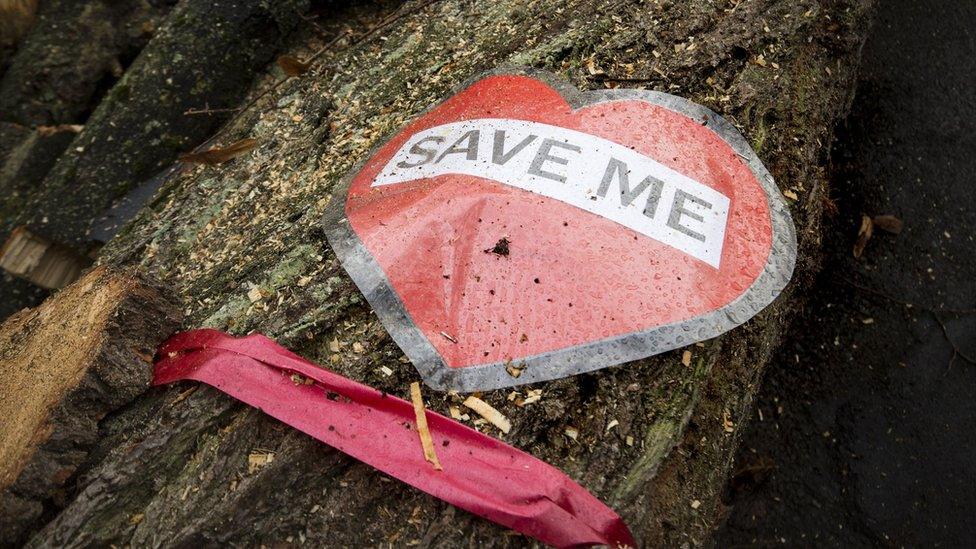
- Published13 December 2018
